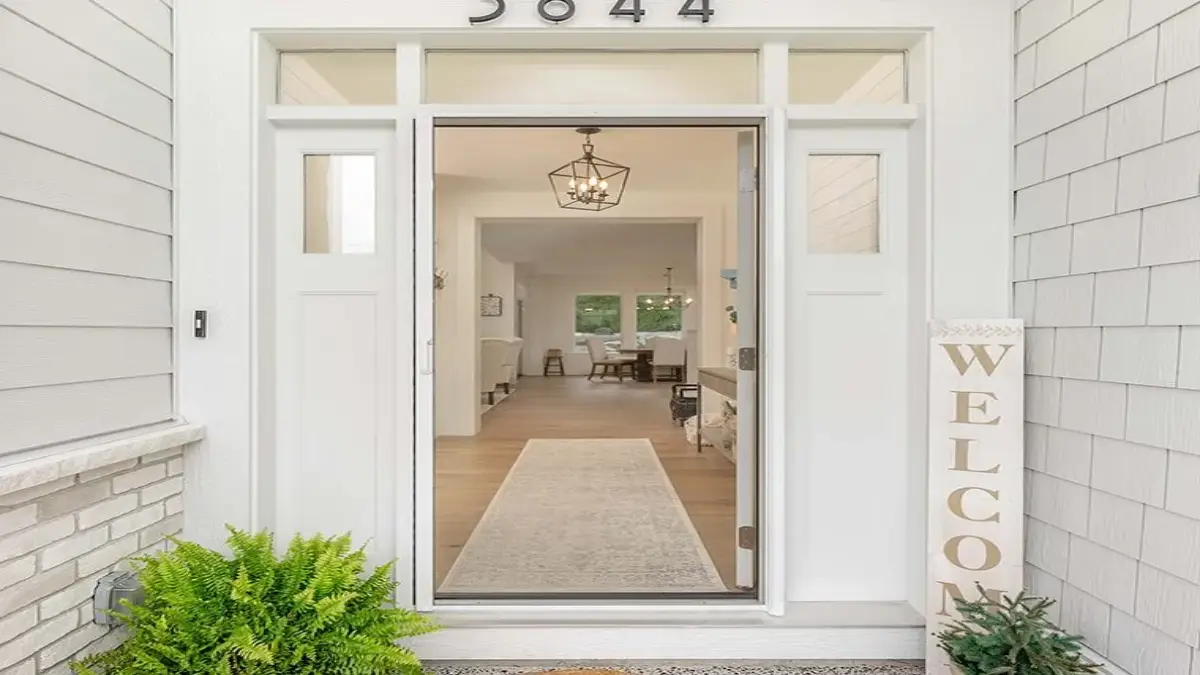Last Updated on September 15, 2014 by Bharat Saini
Here are some tips to help you achieve the perfect lighting for your personal sanctuary.
The first thing you need to do before you start buying light fixtures for your bedroom is to measure the size of your room. Take these measurements with you, along with the locations of the power outlets and placement of furniture when you go shopping for lights. Lighting experts can then assist you better in filling up your bedroom with the right lighting.
Always take scale into consideration. Usually, bedroom ceilings are 8 to 9 feet high so it is better to opt for flush or semi-flush mounts for lighting than to have ceiling pendants or a chandelier. If you want to incorporate ceiling pendants into your room, these would work best beside your bed for reading, instead of having table lamps on your bedside tables. These may also be placed on either side of your vanity for task lighting.
The types of light fixtures you will need in your bedroom will depend on the type of activities that you intend to do in this room, so you will have to identify what these are. If you have a work desk or a reading nook, you will need directed lighting. A vanity will be demanding bright light as well. Sitting areas will need softer shaded lighting fixtures.
Lamps with shades that are too opaque will make the room look dark. When buying lamp fixtures, don’t just choose based on appearance, get one that is also functional. Choose a lamp with a softly diffused shade. Test before purchasing and turn it on to see how much lighting it produces.
Soft light at face level is much more comfortable than direct light from over the bed. Imagine yourself lying down flat on your bed with the light overhead on. Then imagine yourself lying on your bed with a desk lamp instead of a ceiling light directly above you. There is much less eye strain from the lamp and the softer glow coming from the lampshade will have a more relaxing effect on you.
Having a single light in your bedroom will either give you a scarcely lit room or, if the light is too bright, an unpleasant glaring. It is better to have a mix of lighting within the bedroom with low wattage, so the light is comfortably spread around this space, with a few task lighting placed where they are needed.
Create a soothing ambience with dimmers that let you control the level of lighting depending on the time of day. You can also use softer or colored lights bulbs to alter the mood in your bedroom.
Closets need lighting, too. Mount your closet lighting about 12 inches from the edge of the upper shelf or the rod. Avoid putting a hot light bulb very near delicate clothes. Fluorescent lights are recommended because they provide adequate lighting and very minimal heat. They are also energy efficient.
Reading lights placed on nightstands make it very convenient for book lovers to adjust the light to their taste by swivelling or moving its arm. Make sure that your reading lamp is well-shielded so you don’t see the bulb and the light is not too glaring.
About Author
Joan Silver is a known lighting expert from Capitol Lighting (1800lighting.com) and a fan of all things “lighting”. She currently provides customers and designers with robust information on their lighting needs.

